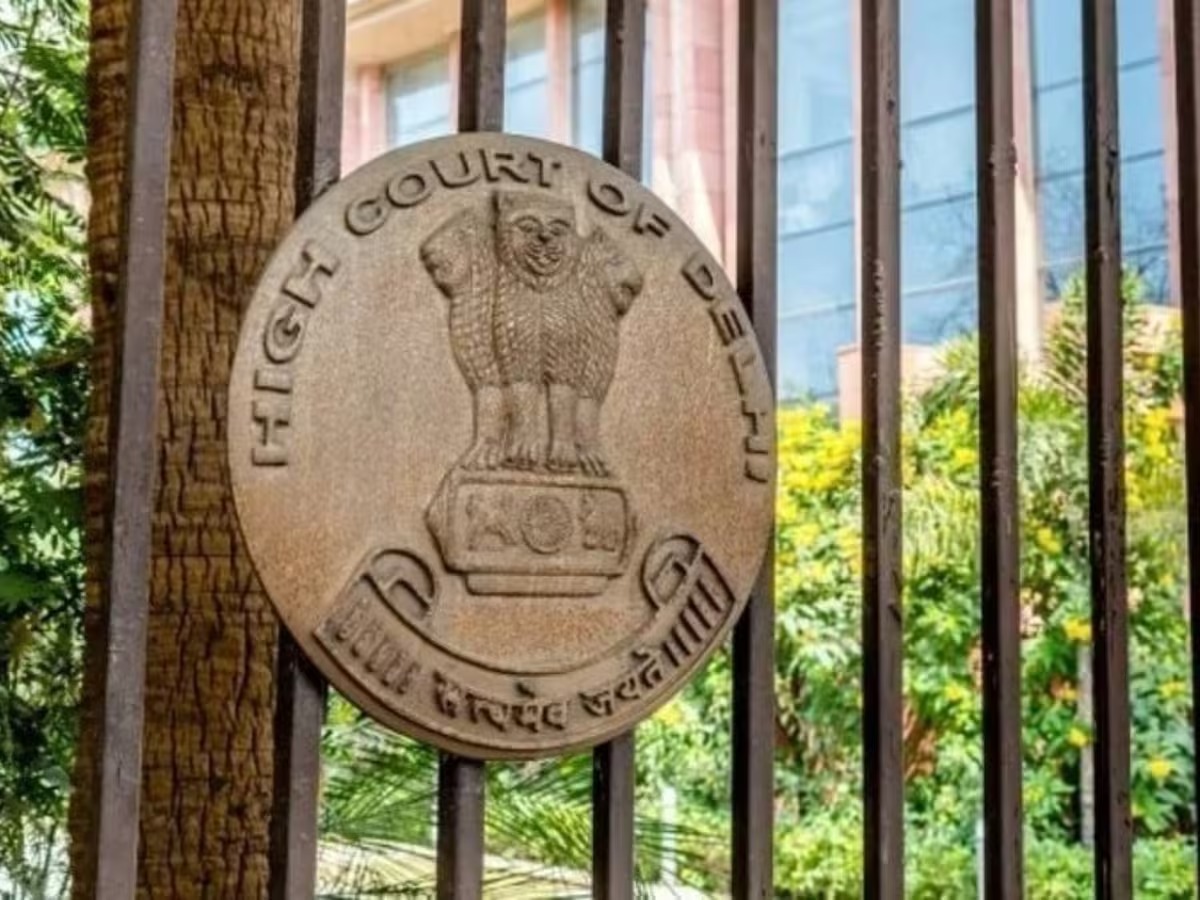1. The appellant who is one of the two widows of one Madan Mohan Lal, brought the suit, out of which this appeal has arisen, against the other widow of the aforesaid deceased for a declaration that the defendant being childless was only entitled to maintenance and had no right to have the zemindari villages belonging to her deceased husband partitioned between the two widows. It appears that Madan Mohan Lal died some time in the year 1909, leaving two widows who are the parties to this suit. The plaintiff has a daughter but the defendant has no issue. The names of both the widows were entered in the Revenue Records. The defendant applied to the Revenue Court for partition of a half share. The plaintiff objected and was referred to the Civil Court. Thereupon she instituted the present suit. She put forward her claim on two grounds; -first, that under a custom prevailing among Kurmis, to which caste the parties belong, a childless widow only receives maintenance and has no right to the estate of her husband; and, secondly, that under the general Hindu Law a widow cannot claim partition.
2. The Court below has dismissed the plaintiff''s claim, being of opinion that the custom alleged had not been proved and that as both the widows inherited the property of their husband they were entitled to joint enjoyment of the property and to divide it between themselves for the purpose of such enjoyment. The plaintiff has preferred this appeal, and her first contention is that the custom alleged by her is proved. We are of opinion that this contention has no force. A number of witnesses were examined who spoke generally as to the existence of the alleged custom, but, with the exception of one witness, none of the others was able to refer to any instance in which a childless widow was excluded by another having a female child. The only instance which was referred to was that of Hari, but one instance does not establish a custom. The wajib-ul-araiz of some of the villages were referred to, some of these wajib-ul-araiz are declarations made by a single owner, and even according to these wajib-ul-araiz it is manifest that where a widow has a male child that male child excludes the widows and the childless widow has only a right to receive maintenance from the son. In the original wajib-ul-araiz the vernacular word used is "aulad" (issue) but judging by the context it is manifest that this word was meant to apply to male issue only.
3. The next contention on behalf of the appellant is that under the Hindu law a widow is not entitled to claim partition. We were referred to the following cases, namely, Gajapalhi Nilamani v. Gajapathi Radhamani 1 M. 290 : 1 C.L.R. 97 : 4 I.A. 212; Kathaperumal v. Venkabai 2 M 194 and Bhugwundeen Doobey v. Myna Baee 11 M.A. 487 : 9 W.R. (P.C.) 23. In the case first mentioned, their Lordships, no doubt, observe that "widows taking a joint interest in the inheritance of their husbands have no right to enforce an absolute partition of the joint estate between them". Hut their Lordships further held that where the widows could not go on peaceably in the joint enjoyment of the property, they could by mutual agreement or otherwise separately hold the property although they had no right to partition in the proper sense of the term and that the share of one would go by right of survivorship to the other notwithstanding the separation. In the case before us, the two widows, although entitled to enjoy the property, appear to be unable to do so peacefully unless they divided it; in fact, the plaintiff in this suit has tried to exclude the defendant altogether from the whole of the property left by her husband admitting her only to a bare right to maintenance. That being so, we are unable to hold that the defendant has no right to apply for a partition such as would enable her to enjoy her share of the property of her husband for her life. Such a partition would in no way affect the plaintiff''s right of survivorship in the event of her surviving the defendant.
4. The appeal, therefore, fails and is dismissed with costs including fees on the higher scale.

